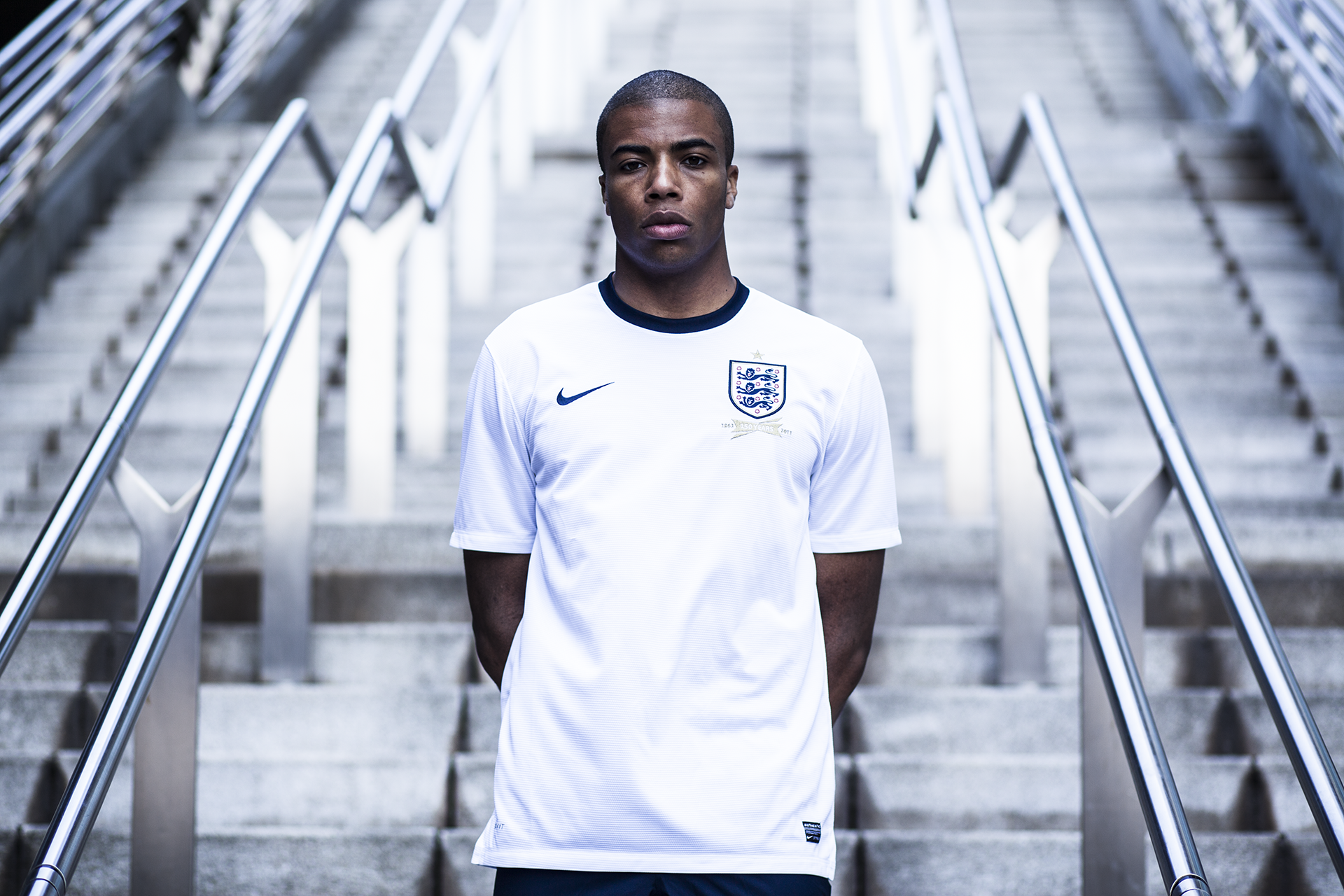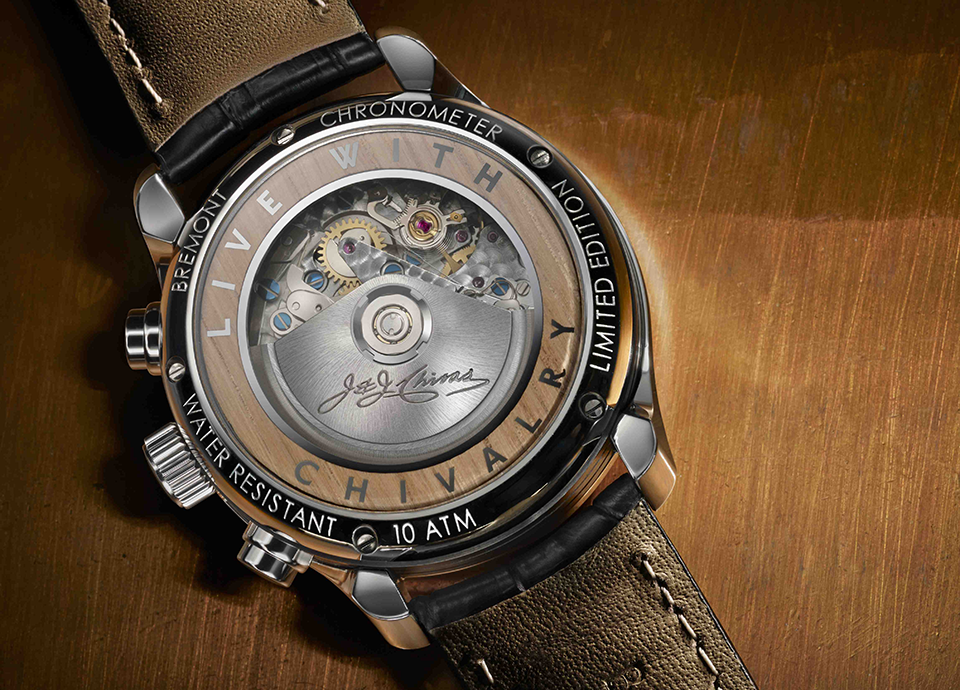Time and time again as the World Cup comes around in the UK there is merely a sense of mild anticipation, one that has faded with each International tournament, in line with England’s diminishing performances and seemingly fated inability to win a penalty shootout. Fast forward to 2018 and on the “eve” of England’s World Cup bow in Russia, all I sense around me is palpable apathy, a disregard of hope, a concerted effort to ignore the inescapable fact that England actually do have a good team.
Every single player in the England team has played a major role for their clubs this season and most of them for the best teams in arguably toughest league in the world; I say arguably, as ask any Premier League player that has had to fight for promotion through a marathon slug fest that is “The Championship” and there’s a large chance they’ll disagree. But from the Golden generation onwards, the team has failed to live up to the (substantial) hype and moreover their tangible potential.

To make this point clearer, I’m going contrast the fortunes of the England team with the Ghana National team as I can interpret this with the insight of a dual National; I’m both British and Ghanaian. While the Ghana Football Association manages to make the much maligned FA look like Saints, their football side – known as the BlackStars – have proven to be a revelation on the pitch. While most of the Ghana side play for clubs in Europe, they mainly play in leagues outside the Big Four [1. Big Four Leagues: Premier League, Bundesliga, Serie A and Ligue 1] , and for lower ranked teams in the Big Four leagues. But when those players play for the Ghana National Team, they all play better than they do for their clubs. The team is the definition of synergy with the performance level being greater than the sum of its parts.
Let’s look at both teams’ performances over the last three World Cups:
Last 3 World Cup results
Germany 2006
England – Quarter-Finalists
Ghana – Last 16
South Africa 2010
England – Last 16
Ghana – Quarter-Finalists
Brazil 2014
England – Group Stage
Ghana – Group Stage
If you were to look at the sides during this time England have undoubtedly had the “better” individual players (at least based on club performances), but both countries have exactly the same record over the last three World Cups; knocked out at the Group Stage, knocked out in the last 16, and knocked out in the Quarter-Finals. Strange… But how?

Having followed both teams with great interest for the majority of my life, I can see very noticeable differences between the two sides.
Togetherness
Firstly, while all looks “okay” on the surface, it’s clear that the England team haven’t got the most coherent and lively of groups, and I put this mainly on the doorstep of the intense club rivalries, which, for the 4 years in-between the World Cup is the most important part of their lives. The players seem polite with each other, but not overly close— unless they are with club teammates, or former club teammates that is. It could just be the “Englishness” of the team with the politely distant nature of Brits one in a long line of fading British traits, but when you see the same players at their clubs and they are different. For England they are guarded, hesitant and almost pensive, while for their clubs, liberated, care-free, united. From the outset you look at the Brazil camp, French training sessions, you see smiles, banter, jokes, pranks – all the signs of a good team spirit. England camp on the other hand is more like a networking event, filled with awkward smiles, and trite handshakes and with “let’s get down to business” being the focal mind-set.
Look at the Ghana team by contrast, the togetherness is aggressively evident; from their public displays of team singing as they arrive for the matches and training sessions, to the results on the pitch itself.
To put this theory to the test, I watched a few England friendlies, paying particular attention to the players’ choice of pass. When the player was under pressure I noticed the passing was metronomic and unbiased, however when the players had time on the ball and there was a choice to pass to a club teammate or pass to a “rival” team player, more often than not they would pass to their club colleague. I may well be reading too much into this, as simple instinct could make you hesitate to pass to a player that 90% of the time club culture dictates that you are in deep opposition to.
Even now with former players in the commentary teams, you can still sense the underlying antipathy – and at times hatred – for former rival clubs and players as they try their very best to remain neutral. I did say try. So if players that have been out of the professional game for over a decade and are in fact paid to give a neutral outlook struggle to put aside their club allegiance, how much more those still on active duty?
Is there any surprise that the two favourites for this year’s competition – namely Germany (16 Clubs), Brazil (16 Clubs) and France (15 Clubs) – have a core players from a greater spread of clubs compared to England (10 Clubs) and also more players from less competitive leagues…? All the aforementioned teams have players from multiple leagues in different countries, but every single English player in Gareth Southgate’s squad plays in the Premier League:
Germany Players – 4 Leagues/Countries
Brazil Players – 8 Leagues/Countries
France Players – 5 Leagues/Countries
England – 1 League/Country
It’s no wonder that then inter-club rivalries are so hard to break down.

Us the fans
And we can’t just lay all the blame at the hands of the team itself, we need to take a long hard look at ourselves as fans. For example, ask any fan from one of the Big Six teams [2. Premier League Big Six: Liverpool FC, Manchester United, Tottenham Hotspurs, Manchester City FC, Chelsea FC, Arsenal FC] and their England starting 11 will be invariably balanced a) Towards the team they support and b) Against their fiercest rivals. Also you’ll notice that while the Premier League clubs all have a plethora of innovative and catchy songs, all the England national team has is “Eng-ger-laaaaand. Eng-gerrrr-laaaaand” and the highly intelligent and well thought out “Come on England! Come on England!”. Even the Irish fans in the European Championship brought their whole fan base together – and the world – with their “Will Grigg’s on fi-re, your defence is terrifiiiiiied”. The lack of desire to create songs for the national team, or at least their lack of traction, again highligts the apathy and lack of togetherness of the national fan base; we need to do better.
Even as I type there is a video asking fans what means more to them, the Club team or the National Team – and everyone without hesitation said “Club”. You might argue that this is a marketing stunt, but nonetheless, is does carry some truth.
And to contrast again with the Ghana National fans, they don’t stop singing – and playing drums, horns, anything they can find – from the first minute to the last, creating a carnival atmosphere. In Ghana, fans use the game as an opportunity to celebrate, while in England, fans use the game as an opportunity to criticise— especially if they are players from opposition clubs.
Remuneration
While yes, there is implied National pride, but I can’t help but notice that the commitment of England players to play for their country in Friendly Matches is… well let’s just say not overly enthusiastic. The number of withdrawals of key players is a constant. Again, contrast this with the Ghana National team, the players can’t wait for the friendlies as they enjoy so much being in that group. Not only that, given the pressure put on English players at their own clubs and the massive financial agreements they are tied under, it’s understandable why at times there may be a conflict of interest. Let’s just say that for most of the Ghana team, this poses far less of a problem.

What can we do?
To expect fans and players to bury generations of angst and intense workplace tribal divisions over the sporadic international fixtures is no easy task. Let’s not forget these are fixtures that often send their prized assets back in less than perfect condition.
Alas, all is not lost. Think back to a tournament in 1996 where the national team managed a run of form, only to see them dashed out at the semi-finals in painstaking fashion— losing in penalties against Germany (again). This inspired performance coupled with the devastating heartbreak brought the nation together in collective sympathy and pride – a victory of sorts, albeit a painful one. The next outing the team had the support – and more importantly belief – of an optimistically neutral fan base. The players would take that much today. And let’s have a World Cup song, anything. Give us something to chant in unison, or at least bring us together in common dislike of the chosen anthem.
This collective apathy is like a spell that can only be broken by an act of extreme heroism and bravery; the English fans are the equivalent of Sleeping Beauty, waiting for their Prince Charming to wake them up. Whether the England National team is Princely or Charming enough is yet to be seen, but if this young, undoubtedly talented team were to do something special in Russia, it could be a game changer in every sense of the word.
Thoughts from Eli Ankutse, Editor in Chief JOSHUA’s Magazine & SAMSON. To find out more about Eli’s insights visit rosethornrose.com.









